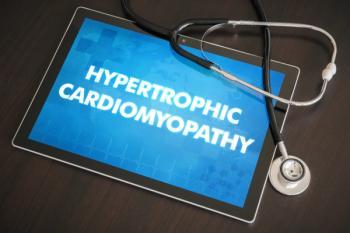
FDA Accepts sBLA for Evkeeza for Children with Rare High Cholesterol
If approved, Evkeeza would be the first treatment to help children as young as 5 years old control high LDL cholesterol caused by homozygous familial hypercholesterolemia. The FDA target action date is March 30, 2023.
The FDA has
Homozygous familial hypercholesterolemia is an ultra-rare inherited condition that affects about 1,300 patients in the United States and is the most severe form of familial hypercholesterolemia. The disease occurs when two copies of the familial hypercholesterolemia-causing genes are inherited resulting in dangerously high levels of low-density lipoprotein-cholesterol (LDL-C). People with this condition are at risk for premature atherosclerotic disease and cardiac events even in their teenage years.
Evkeeza is a fully human monoclonal antibody that binds to and blocks the function of ANGPTL3, a protein that inhibits lipoprotein lipase and endothelial lipase and regulates circulating lipids, including LDL-C. It was first approved by the FDA in February 2021 for patients 12 years of age and older.
The application is supported by data from a three-part trial evaluating Evkeeza in children aged 5 to 11 years with homozygous familial hypercholesterolemia. Data from the Part B portion of the
The trial met its primary endpoint, showing children who added Evkeeza to other lipid-lowering therapies reduced their LDL-C by 48% at week 24 on average. Additionally, 79% saw their LDL-C reduced by at least half at 24 weeks following Evkeeza treatment. The safety profile of Evkeeza was generally consistent to those seen in adults and pediatric patients aged 12 years and older. Most reported adverse events were mild or moderate, and none led to study discontinuation.
“Children living with HoFH have an incredibly rare and severe disease that causes dangerously high LDL-C levels. On current treatment options alone, many patients don't reach their treatment goals, leaving them with an uncertain future,” investigator M. Doortje Reijman, M.D., research associate in Pediatric Metabolic Diseases and Nephrology at the Amsterdam University Medical Center said in a press release.
Newsletter
Get the latest industry news, event updates, and more from Managed healthcare Executive.























